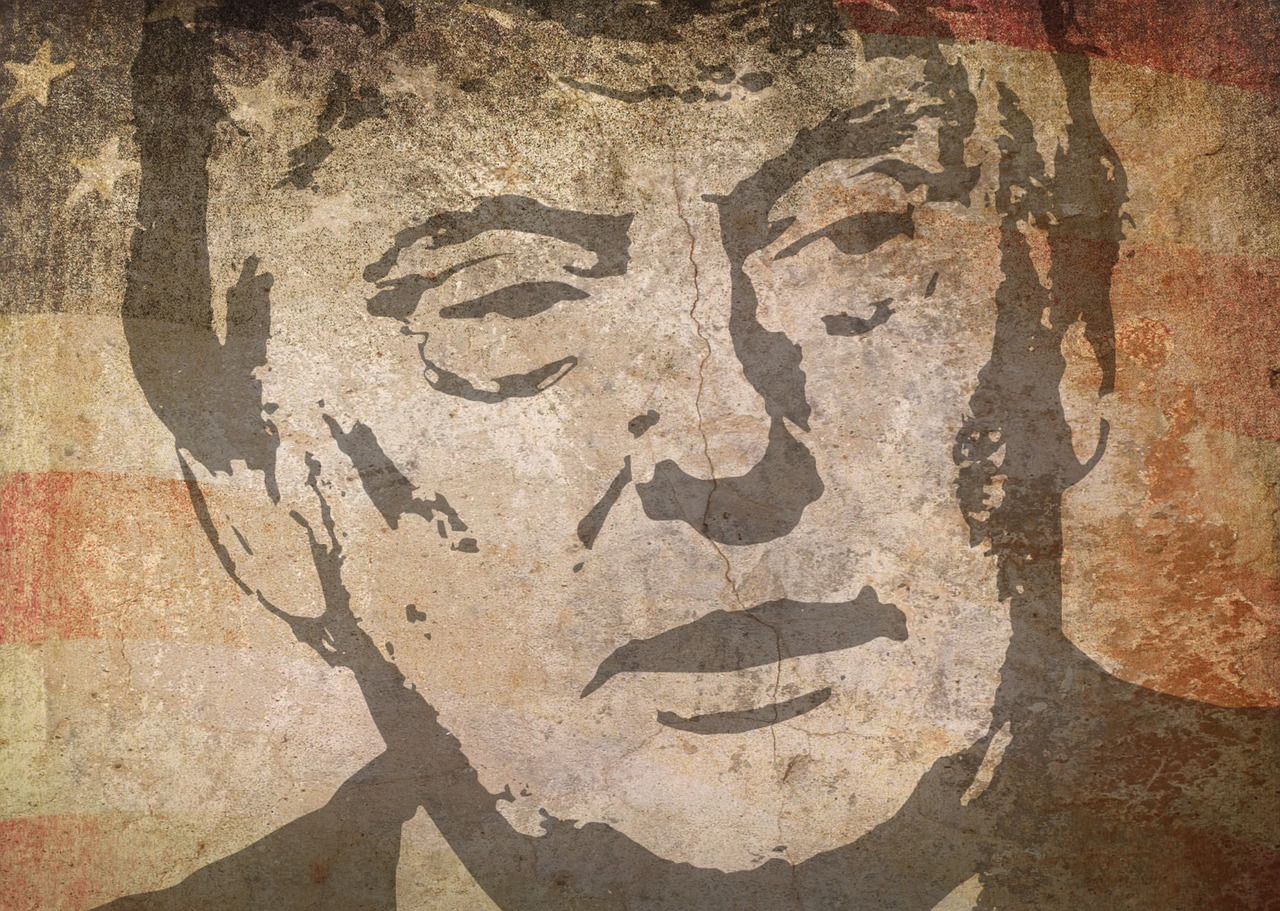
![]() Nearly $1 trillion has been wiped out in global fixed income markets since Trump’s win.
Nearly $1 trillion has been wiped out in global fixed income markets since Trump’s win.
Source: Financial Times
A global bond market rout intensified on Monday while the dollar strengthened as investors bet that US president-elect Donald Trump’s commitment to economic stimulus will herald faster growth and the return of inflation.
Since Mr Trump’s surprise win in last week’s election, investors have begun to question their long-held consensus forecasts for subdued inflation and mediocre growth that underpinned a rally in bonds over the summer. Yields on US, UK, German and Japanese government debt are now rising from record lows and fixed income investors have lost nearly $1tn since the election.
“It is a sea change in thinking with Trump being elected,” said Margie Patel, a senior portfolio manager with Wells Fargo Fund Management. “We are in a new paradigm and it opens the door to the possibility that we have seen the end of 35 years of declining rates. Could we be on the cusp of seeing rates … rise? It’s too soon to say.”
The 30-year US Treasury yield jumped on Monday above 3 per cent for the first time since January, while 10-year yields rose 11 basis points to 2.26 per cent, the highest since January. Ten-year UK gilt yields regained pre-Brexit vote levels, while the yield on the German 30-year bond briefly moved above 1 per cent for the first time since early May. Yields rise as bond prices fall.
The dollar index rose back over the 100-point mark it hit last in December, rising 1 per cent on the day. The dollar has also strengthened against its major rivals on an individual basis, with the euro falling 1 per cent to $1.074 and the yen 1.7 per cent weaker at ¥108.45 per dollar. The pound dropped 0.8 per cent to $1.2497.
The sell-off has pummeled emerging markets and yields have soared in Mexico, Brazil and Argentina. Mexican sovereign dollar bonds maturing in 2026 slid below par for the first time since February on Monday.
“Markets are betting that Trump will implement much of his domestic agenda of a fiscal boost and deregulation while ditching most of his international agenda of protectionism and ‘America first’,” said Holger Schmieding, chief economist at Berenberg.
The shape of Mr Trump’s White House team became clearer on Sunday with the appointment of Reince Priebus, chairman of the Republican National Committee, as his chief of staff. It was also announced that Stephen Bannon, Mr Trump’s campaign chairman, will serve as chief strategist and chief counsellor.
Mr Trump later gave some details of his priorities in an interview with 60 Minutes, including his plan to deport or jail up to 3m undocumented immigrants who had a criminal record.
His proposed wall on the US border with Mexico could include “some fencing”, he added. “For certain areas, I would [accept fencing] but certain areas, a wall is more appropriate. I’m very good at this. It’s called construction.”
He also suggested he would try to keep elements of the Affordable Care Act, also known as Obamacare, including allowing children in their twenties to stay on their parents’ healthcare plan and ensuring that people with pre-existing conditions were still able to receive coverage.
Analysts at Morgan Stanley said markets did not have clarity on Mr Trump’s policy agenda, and “the realities of political dealmaking” meant investors might be in the dark for some time. Still, Mr Trump’s economic agenda was likely to provide a needed fiscal boost to US growth, they said.
Under a “realpolitik” scenario, the analysts said trade protectionism would go little further than strong rhetoric and Mr Trump would deliver measurable tax reform and infrastructure spending that, on balance, would provide a healthy lift to the economy and enable a pick-up in the pace of monetary policy normalisation.
Despite the rapid pace of the bond sell-off since Wednesday, the equity market appears untroubled, with US investors now anticipating higher corporate profits. The S&P 500 finished the day marginally lower at 2,164.20 after recording its best week in two years. In Europe, the Euro Stoxx 600 finished 0.2 per cent higher.
Exiting bonds is part of a broader strategy among investors of ditching low-yielding assets and buying equities expected to prosper if Mr Trump delivers expansionary policies. While developed world equities rallied on Monday, emerging markets continued to weaken, knocked by a strengthening US dollar and fears over trade protectionism.
Vitor Constâncio, European Central Bank vice-president, warned on Monday that while financial markets were pricing in higher economic growth since Mr Trump’s victory, Europe and emerging countries could actually suffer from protectionism in the US.
“We should be cautious in drawing hasty, positive conclusions from those market developments because they may not necessarily indicate that the world economy will have an accelerating recovery with higher growth,” he said at an event in Frankfurt. “So far, those developments point to a US rise in economic growth, but in the context of an ‘America first’ policy.”
Analysts at JPMorgan said the hefty weighting towards bonds and cash by investors suggested “a lot more upside for global equities and a lot more downside for global bonds if the current shift in the policy and macro picture proves to be big and sustained”.
Rebecca O’Keeffe, head of investment at stockbroker Interactive Investor, said after Mr Trump’s victory: “Markets are still trying to adjust to the new landscape, with significant geographic, asset class and sector moves.”
She added: “These market changes have been aggressive and reactionary, but the key question for investors is how much further the market will move or whether this sector rotation has been overdone.”


